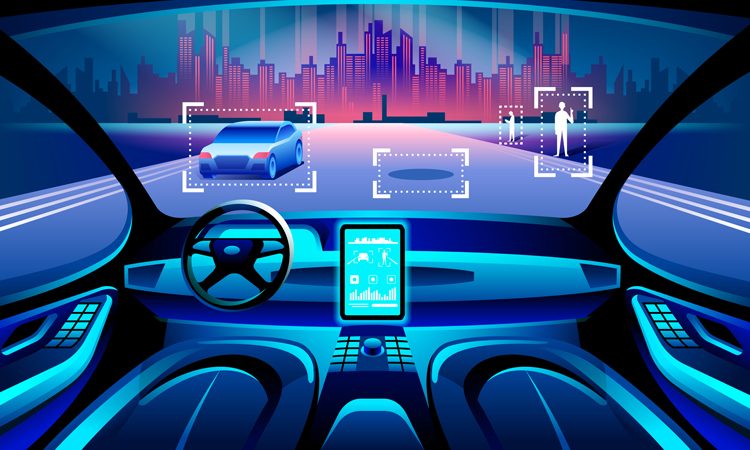Consumers are confused by the terms ‘connected’ and ‘autonomous’, research reveals
- Like
- Digg
- Del
- Tumblr
- VKontakte
- Buffer
- Love This
- Odnoklassniki
- Meneame
- Blogger
- Amazon
- Yahoo Mail
- Gmail
- AOL
- Newsvine
- HackerNews
- Evernote
- MySpace
- Mail.ru
- Viadeo
- Line
- Comments
- Yummly
- SMS
- Viber
- Telegram
- Subscribe
- Skype
- Facebook Messenger
- Kakao
- LiveJournal
- Yammer
- Edgar
- Fintel
- Mix
- Instapaper
- Copy Link
Posted: 19 September 2018 | Intelligent Transport | No comments yet
Almost half of the surveyed adults did not understand the definitions of ‘Connected’ or ‘Autonomous’, and three in five of British respondents would prefer to drive their own car than use an autonomous vehicle.


Avis Budget Group has revealed new independent research surveying 14,000 people in 14 countries across Europe which highlights a significant gap in consumers’ understanding around the future of mobility.
The research asked respondents to select the correct definition of the term ‘Connected Car’. Just over half (54 per cent) correctly took the term to mean ‘a car connected to the internet which could talk to other devices’, while 17 per cent were unsure or simply didn’t understand the term. One in 10 (13 per cent) incorrectly understood it to mean a car connected to a power supply to charge its battery, while seven per cent believed it to be a car physically attached to another.
The same method was used to assess the understanding of the term ‘Autonomous Vehicle’, again revealing a distinct knowledge gap. While more than half (56 per cent) of those surveyed answered correctly, almost one in five (17 per cent) took it to mean a car driven by an ‘Artificial Intelligence Droid’ and seven per cent believed it to be a car that must be parked in its own parking spot or away from traffic.
The lowest understanding of the term was found to be among the 18-23 (47 per cent) and 24-36 (51 per cent) age groups, compared to 67 per cent for those aged 66 and over.
The research went on to reveal marked differences in the key term understanding across the 14 European countries. Respondents in France had the highest understanding of the correct definition of a connected car (72 per cent), followed by Italy (71 per cent) and Portugal (68 per cent). By contrast, Norway recorded the lowest understanding at just 35 per cent, slightly behind Denmark and the UK who both scored 37 per cent.
On the definition of an autonomous vehicle, Germany topped the awareness charts with 69 per cent, followed by Austria (68 per cent) and Switzerland (68 per cent). Interestingly, given their high awareness of connected cars, those in Italy recorded one of the lowest understanding of autonomous vehicles with just 46 per cent, slightly behind the Netherlands (48 per cent) and ahead of Norway (44 per cent).
Mark Servodidio, President, International, Avis Budget Group, commented: “This study highlights the stark gap in levels of understanding across Europe about mobility technologies. It’s clear as an industry we need to educate consumers across markets and age groups, highlighting the innovations and technological advances that have been made – which have helped make developments that were once only seen in science fiction, a reality.
“As a global mobility business with a 70-year heritage, we are at the forefront of the shifting mobility landscape and will continue to guide our customers on this journey as we evolve our business to meet their changing needs and preferences.”
Safety and responsibility were found to be key issues around autonomous vehicles. Six in 10 respondents said that they would not feel safe if all cars on the road were fully autonomous, while the vast majority think that in order to ride in a self-driving car, people should be sober (86 per cent), of legal driving age (87 per cent) and hold a standard driving license (87 per cent).
Related topics
Connected & Autonomous Vehicles, Passenger Experience
Related organisations
Avis Budget Group
Related people
Mark Servodidio







